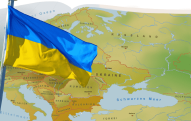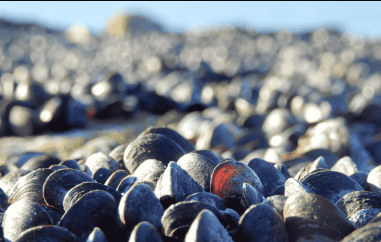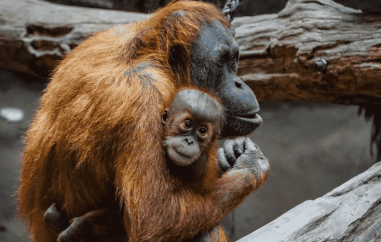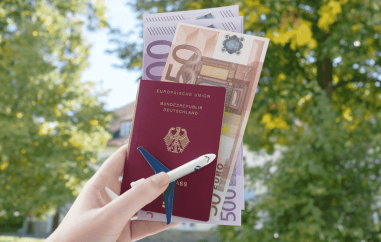The FPIC procedure of UN principles applied for the very first time in Russia
Residents of the Tukhard settlement located in the Russian part of the Arctic (in the Taimyr Dolgano-Nenets District of the Krasnoyarsk Territory) have been offered resettlement according to FPIC standards. This is the first precedent in Russia.
Free, Prior and Informed Consent (FPIC) is a specific right that pertains to indigenous peoples and is recognised in the United Nations Declaration on the Rights of Indigenous Peoples (UNDRIP). It allows them to give or withhold consent to a project that may affect them or their territories. Once they have given their consent, they can withdraw it at any stage. Furthermore, FPIC enables them to negotiate the conditions under which the project will be designed, implemented, monitored and evaluated. This is also embedded within the universal right to self-determination.
Tukhard was established as a temporary residence for shift workers producing gas in the area in 1970th, and the development of the village did not provide for the creation of any infrastructure. Due to the lack of possible infrastructure development, taking care of the quality of life, safety and health, the company operating in this region - Norilsk Nickel, offered residents the opportunity to choose a better option for life.
In mid-October, the village hosted consultations of international experts, representatives of the indigenous peoples of Taimyr, local authorities, representatives of the Norilsk Nickel company, with the inhabitants.
People are offered several options, including moving to new homes about 1.5 kilometers away from their current homes. The option of moving to other villages of Taimyr, including the center of the region - the village of Dudinka, was also proposed.
If residents accept the relocation proposal, they will be presented with several options for their future homes. Residents will also determine what additional infrastructure they need, according to a press release from Norilsk Nickel.
Despite the fact that the FPIC procedure is not included in the national legislation of the Russian Federation, Norilsk Nickel voluntarily recognizes international standards and, in accordance with the UN Declaration on the Rights of Indigenous Peoples, expresses readiness to apply FPIC. The procedure is supervised by international experts.
"Nornickel has always respected the cultural traditions ofthe indigenous peoples ofTaimyr. The company lives inanatmosphere offriendship and mutual support with the communities. The Tukhard FPIC procedure will becarried out inaccordance with the strictest international standards and involve independent experts. This joint work and partnership will helpus tocreate acomfortable environment for people tolive and develop," said Andrey Grachev, Nornickel Vice President for Federal and Regional Programs.
One of the participants in the process is the World Bank's corporate adviser on indigenous issues in the period 1999-2012, the author of the current World Bank policies on the rights of indigenous peoples, Navin K. Rai.
"It is very important that industrial companies understand FPIC not as a risk to a business, but as a contribution to its sustainability. FPIC is a difficult process, an experience that Indigenous Peoples and the company go through together in order to reach an agreement that both parties consider to be fair. However, the FPIC process does not end with the signing of an agreement. On the contrary, relations are only just beginning at this point in order to avoid possible mistakes in the implementation of the agreements reached, "Rai said.
Nornickel has always been respectful of the cultural traditions of the indigenous peoples of Taimyr. The company lives with them in an atmosphere of friendship and mutual support. Over the past years, dozens of projects have been implemented to develop the infrastructure of the settlements of indigenous peoples and the city of Dudinka, to support cultural and educational programs. The company supports traditional indigenous activities such as fishing, reindeer husbandry and traditional crafts.
















































